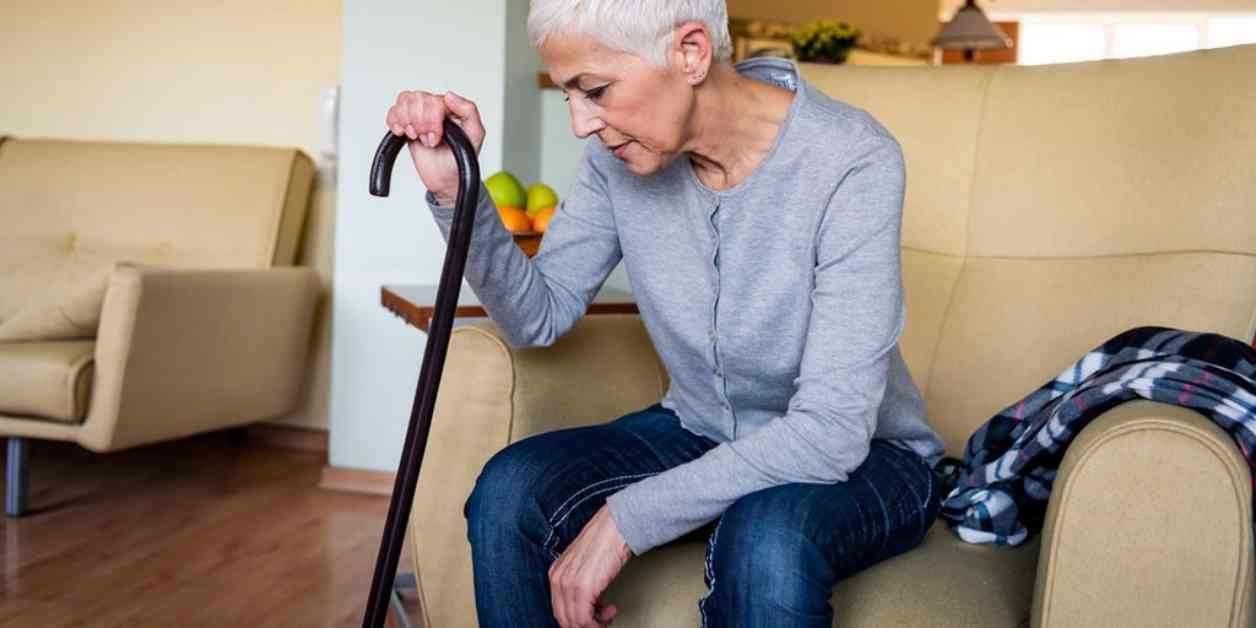Getting injured after a fall may be an early warning sign of dementia in older adults, according to a new study published in JAMA Network Open last month. The study, conducted by Boston researchers, analyzed U.S. Medicare claims data for more than two million adults aged 66 and older who were diagnosed with a traumatic injury that resulted in an emergency department visit or hospital admission.
Half of the injuries were the result of falls, which are the leading cause of injury for adults 65 years and older. Among the patients who experienced a fall, 10.6% were diagnosed with some type of dementia within a year. In contrast, only 6.1% of older adults who experienced an injury from an event other than falling were subsequently diagnosed with dementia.
After accounting for various variables, the researchers found that patients with fall-related injuries were 20% more likely to be diagnosed with dementia compared to those with other types of injury. While the study suggests a possible link between falls and dementia, it is important to note that it only looked at records retrospectively, so it remains unclear whether falls cause dementia or if older adults at risk for dementia are more likely to experience a fall.
Dr. Molly P. Jarman, one of the study’s co-authors, emphasized the importance of monitoring the cognitive health of older adults who fall. She suggested that cognitive screening should be initiated during the initial hospitalization after a fall and followed up by the patient’s primary care physician or a geriatrician.
Dr. Michael S. Okun, a medical advisor, also highlighted the need to examine brain function in fallers and shift the paradigm from focusing solely on physical therapy to include cognitive assessments. To prevent falls, the Centers for Disease Control and Prevention (CDC) recommends four key practices: reviewing personal risk factors with a healthcare provider, engaging in regular exercise to improve balance, getting regular vision and foot check-ups, and conducting a home safety inspection.
By taking proactive steps to address fall risk factors and prioritize cognitive health, older adults can reduce their chances of experiencing a fall and potentially mitigate the risk of developing dementia. It is essential for healthcare providers, caregivers, and older adults themselves to be aware of the potential link between falls and cognitive decline and take appropriate steps to promote healthy aging and prevent injuries.


















